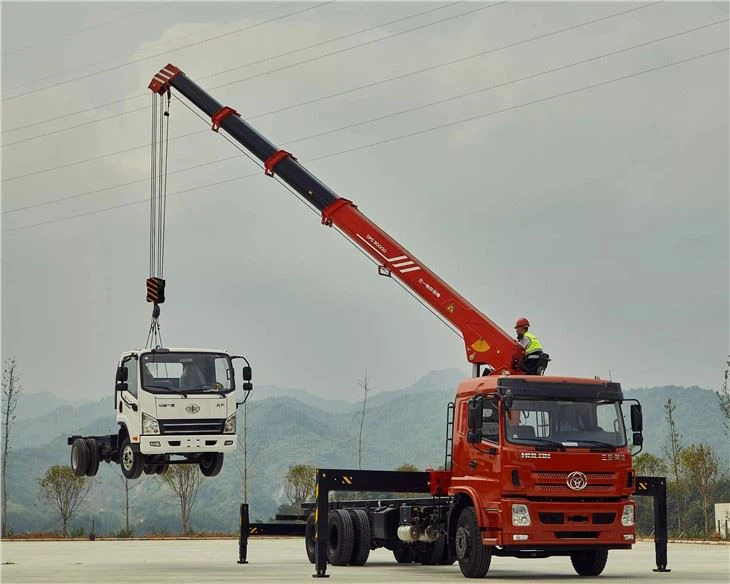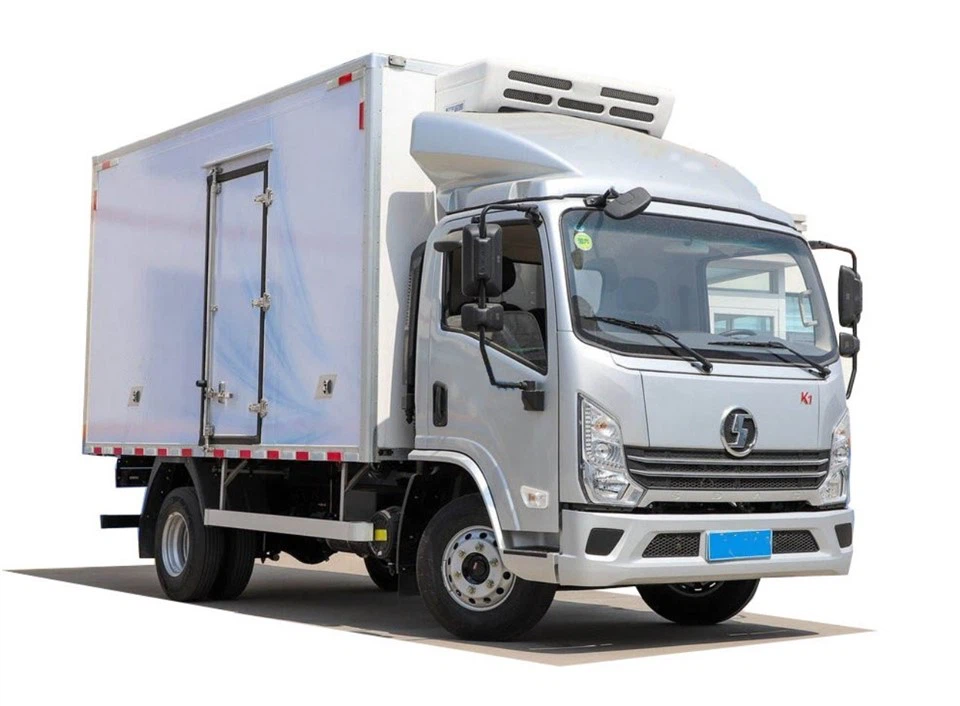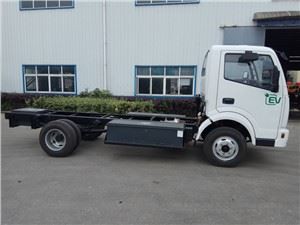Understanding Water Truck Sizes: A Comprehensive Guide

Introduction
Water trucks are essential for a variety of industries, from construction to agriculture. They are the lifeblood of many operations, supplying water for dust control, irrigation, and even firefighting. However, understanding water truck sizes is crucial to ensure that you’re choosing the right truck for your specific needs. This article will explore different water truck sizes, their applications, and factors to consider when selecting the perfect fleet for your requirements.
1. What is a Water Truck?
A water truck is a specialized vehicle designed to transport water for multiple uses. These trucks can either be standalone units or mounted on various chassis. Depending on the size, configuration, and purpose, water trucks can hold water ranging from a few hundred gallons to several thousand gallons.
2. Common Water Truck Sizes and Capacities
Water trucks come in various sizes to suit different tasks. Below, we will discuss some common water truck sizes, their capacities, and their typical applications.
2.1 Small Water Trucks
Small water trucks generally have a tank capacity of 500 to 2,000 gallons. They are maneuverable and ideal for smaller jobs.
| Size | Capacity (Gallons) | Common Uses |
|---|---|---|
| Small | 500 – 1,500 | Landscape irrigation, residential projects |
| Medium | 1,500 – 2,000 | Construction sites, dust control |
2.2 Medium Water Trucks

Medium water trucks can carry between 2,000 to 4,500 gallons. They balance capacity and agility, making them versatile for different tasks.
| Size | Capacity (Gallons) | Common Uses |
|---|---|---|
| Medium | 2,000 – 3,000 | Agricultural irrigation, commercial landscaping |
| Large Medium | 3,000 – 4,500 | Construction, emergency services |
2.3 Large Water Trucks
Large water trucks can carry between 4,500 and 8,000 gallons. These trucks are suitable for heavy-duty applications.
| Size | Capacity (Gallons) | Common Uses |
|---|---|---|
| Large | 4,500 – 6,000 | Mining, large construction projects |
| Very Large | 6,000 – 8,000 | Fire suppression, road construction |
3. Factors Influencing Water Truck Size Selection
Selecting the right water truck size involves considering several factors:
3.1 Purpose of Use
Identify the primary task you will perform with the water truck. Whether it’s for dust control on construction sites or irrigation in farming, your main use will guide your choice of size.
3.2 Terrain and Accessibility
Assess the terrain where the water truck will operate. Small trucks are more adept at navigating narrow or rough terrains compared to large trucks.
3.3 Water Source Proximity
Consider how close your water source is. If you are frequently filling the truck, a smaller capacity truck may suffice, while a larger capacity might be better for remote areas.
3.4 Budget Constraints
Budget is a significant factor when choosing a water truck. Larger trucks generally cost more to purchase and operate, so ensure that your choice aligns with your financial capabilities.
3.5 Regulatory Considerations
Ensure compliance with local and state regulations regarding water transportation and usage. Some areas may have restrictions on the size and type of water vehicles.
4. Key Features of Water Trucks
Water trucks come equipped with various features that add value to their functionality. Understanding these features can assist you in making an informed decision.
4.1 Tank Material
Common materials used for water truck tanks include steel, aluminum, and poly. Steel is durable but may corrode; aluminum is lighter and resistant to damage, whereas poly tanks are impervious to rust.
4.2 Pump Selection
The type of pump is crucial for a water truck, affecting flow rate and the ability to manage various tasks. Common pumps are centrifugal and diaphragm pumps, each suited for specific applications.
4.3 Nozzle Types
Different nozzle types impact the truck’s efficiency in distributing water. Spray nozzles, drip nozzles, and cannon nozzles each have distinct uses, so selecting the appropriate type is vital for your task.
5. Maintenance Tips for Water Trucks
Regular maintenance is crucial for ensuring the longevity and performance of water trucks.

5.1 Routine Inspections
Inspect your water truck regularly for leaks, loose fittings, and corrosion. Regular checks prevent minor issues from becoming major repairs.
5.2 Cleaning the Tank
Ensure that the water tank is cleaned regularly to prevent algae growth and contamination. Use cleaning agents designed for water tanks and flush the system thoroughly.
5.3 Pump and Hose Maintenance
Inspect and maintain pumps and hoses regularly to ensure proper functioning. Check for cracks or wear and replace as necessary.
5.4 Engine Care
Regular maintenance of the truck’s engine—such as oil changes, filter replacement, and coolant checks—is essential to keep the vehicle running smoothly.
6. Practical Applications of Water Trucks
Water trucks are versatile and can be adapted for various applications, enhancing their usability across different sectors.
6.1 Construction Industry
Water trucks are often used for dust control on construction sites, ensuring a safe working environment by reducing airborne particles.
6.2 Agriculture
In agriculture, water trucks assist in irrigation, especially in arid regions or during dry seasons when crops require consistent watering.
6.3 Fire Fighting
Water trucks are vital for firefighting capability, providing immediate access to large volumes of water in emergencies, especially in remote areas where hydrants are not available.

6.4 Landscaping
In landscaping, water trucks facilitate the irrigation of large areas efficiently, ensuring that newly planted gardens receive adequate hydration.
7. Buying vs. Renting: What’s Best for You?
When it comes to obtaining a water truck, you typically have two options: buying or renting. Each comes with its advantages and disadvantages.
7.1 Buying a Water Truck
Buying a water truck is often a good investment if you have ongoing water needs. Ownership eliminates rental costs and ensures you can customize the truck to your specifications.
7.2 Renting a Water Truck
For intermittent needs, renting can be more cost-effective. It allows you to use a truck without the upfront costs, making it ideal for temporary projects.
8. Frequently Asked Questions (FAQ)
8.1 What is the average lifespan of a water truck?
The average lifespan of a water truck is typically between 10 to 15 years, depending on maintenance and usage conditions.
8.2 Can water trucks be used for potable water?
Yes, but ensure that the tank is specifically designed for potable water and properly sanitized to prevent contamination.
8.3 How do I choose the right pump for my water truck?
Choose a pump based on the flow rate needed for your applications. Consult with a supplier for specific recommendations based on your tasks.
8.4 Are there regulations governing water truck operations?
Yes, local and state regulations often govern the transportation of water, especially for potable use. It’s important to check these regulations before operating a water truck.
8.5 What financing options are available for purchasing a water truck?
Common financing options include traditional loans, leasing agreements, and financing through specialized dealers or manufacturers.
8.6 How much does a water truck cost?
The cost of a water truck can vary widely based on size, features, and condition. Small trucks may start from $30,000, while larger trucks can exceed $100,000.
